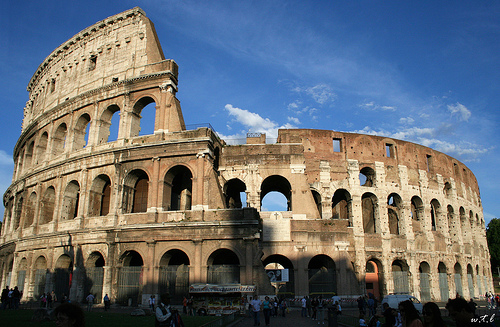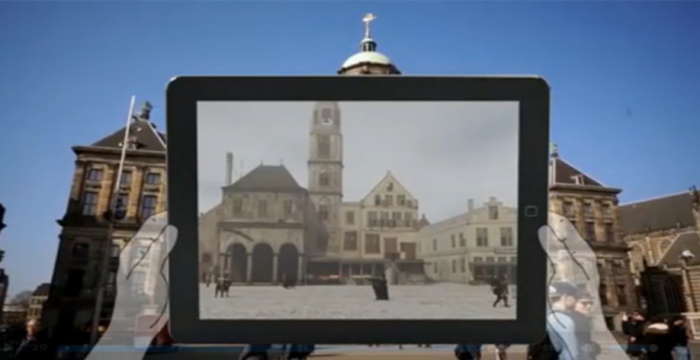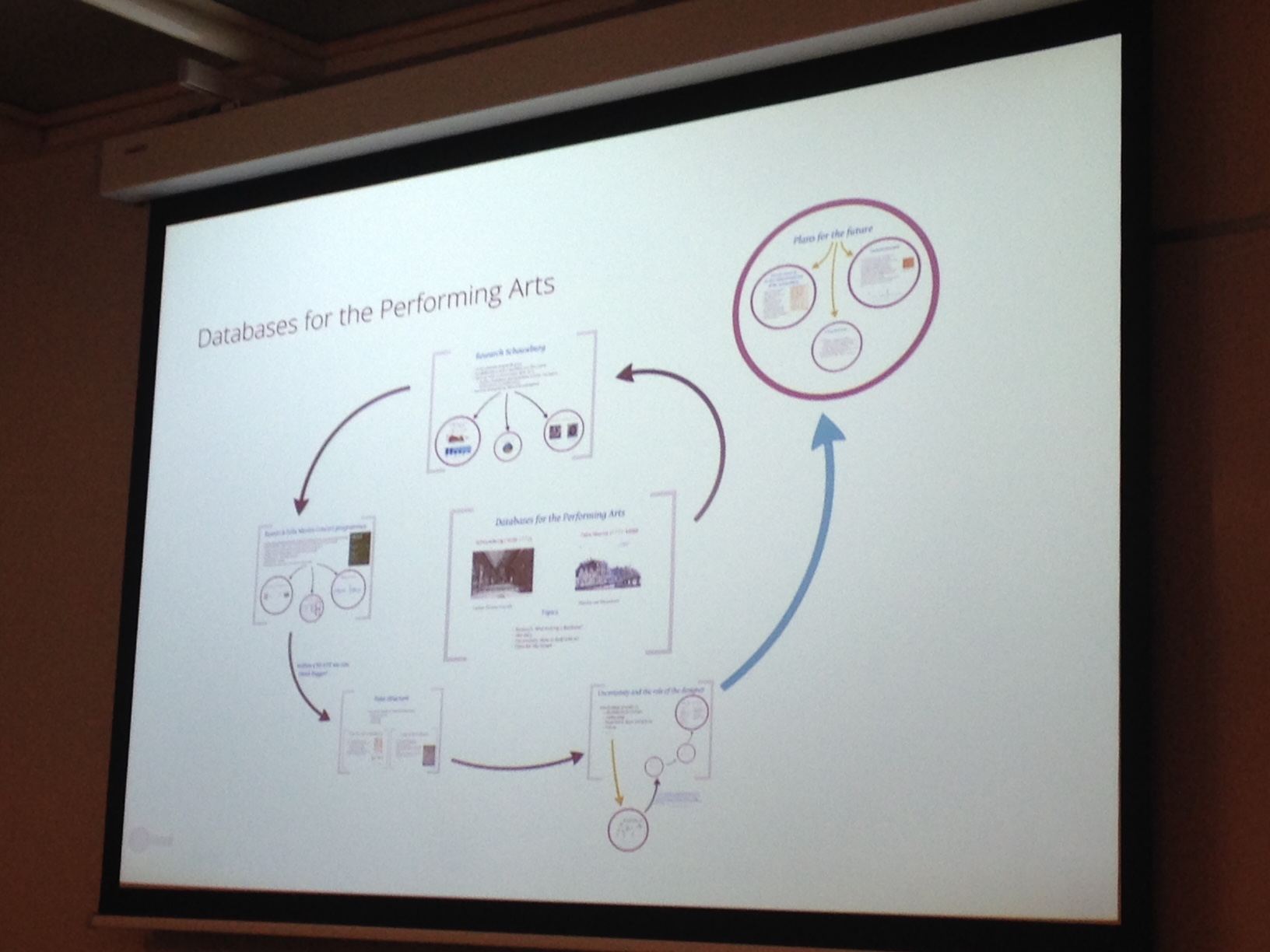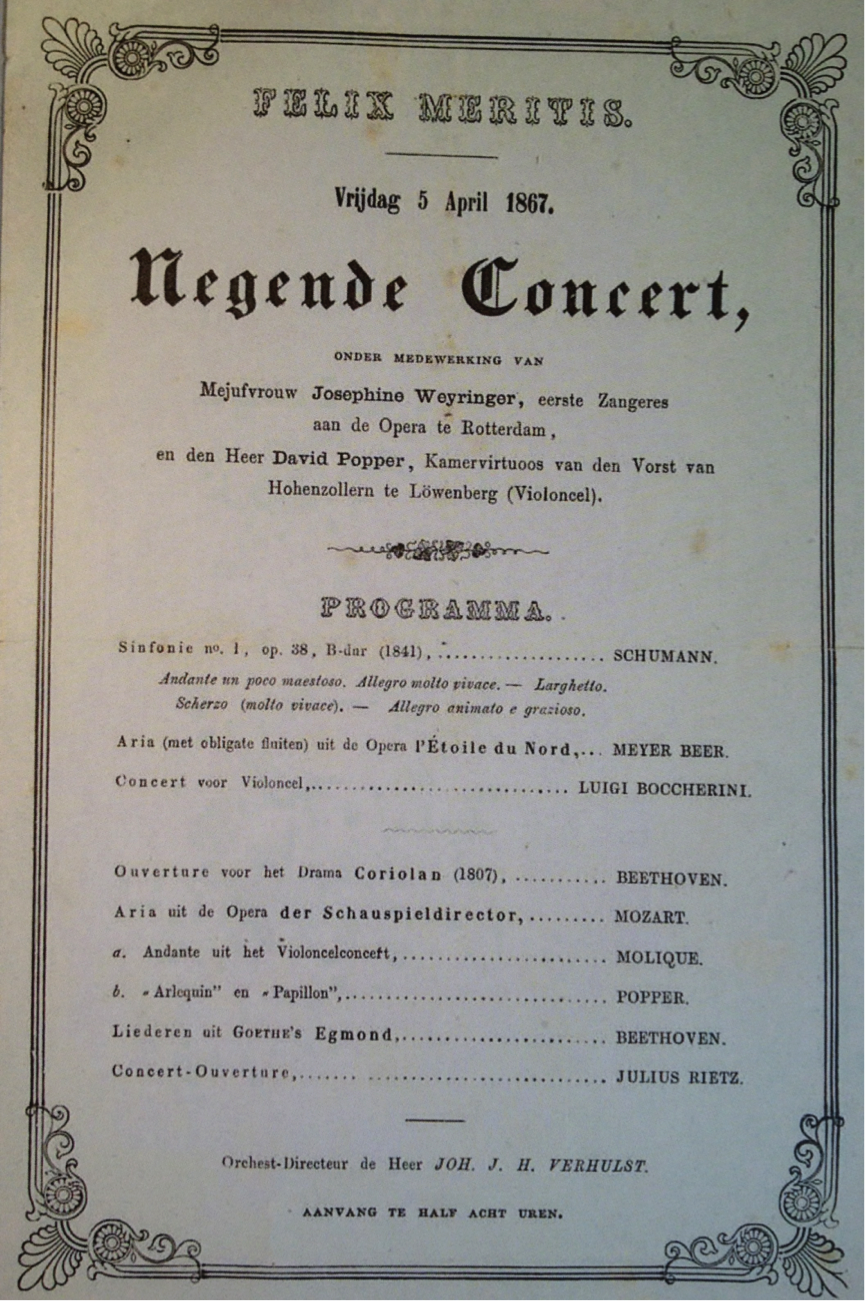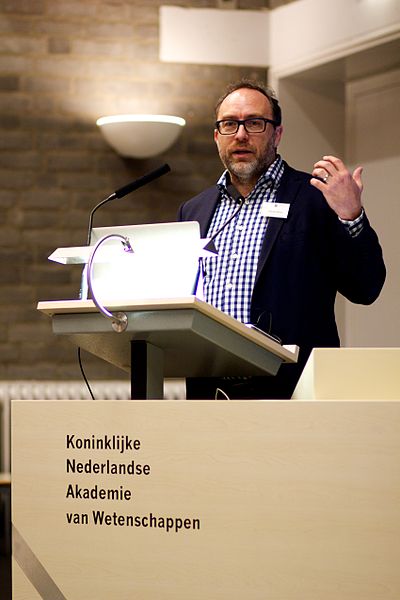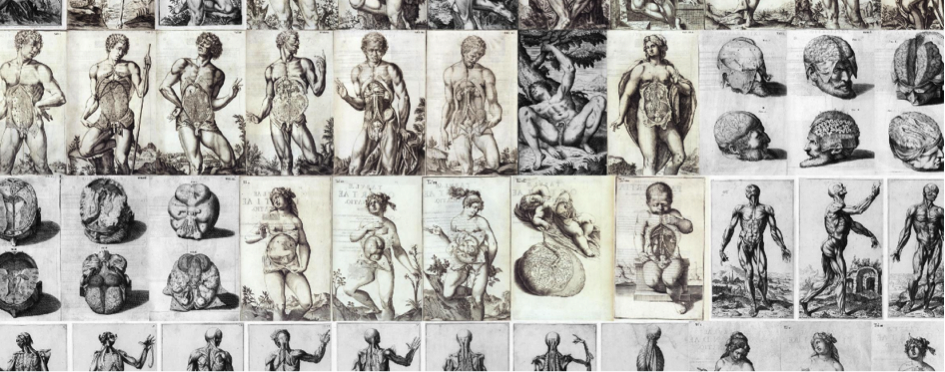Symposium: Digitale historische kranten als ‘big data’: 24 maart
Symposium: Digitale historische kranten als ‘big data’ Methoden en technieken van wetenschappers Dinsdag 24 maart 2015 organiseert de Koninklijke Bibliotheek (KB) een symposium over het gebruik van gedigitaliseerde kranten in Digital Humanities, geesteswetenschappelijk onderzoek met een computationele insteek. Verschillende onderzoekers presenteren hun tools en projecten. Digital Humanities DeREAD MORE
4 & 5 March: e-Rome. International workshop on Digital Humanities & Rome
e-Rome. International workshop on Digital Humanities & Rome This workshop will to bring together people from Digital Humanities Projects related to Rome, both with regard to the literary and physical heritage of Rome, dealing with art and topography as much as language and literature. TheREAD MORE
App: Amsterdam streetview in the year 1600
Can you imagine walking the streets of Amsterdam as it was around the year 1600? Historian Boudewijn Goudswaard and colleagues from Delft University developed an app that allows you to do just that! Demonstration of Time Travel App Saturday 14th of February – 11.00 AM, Dam Square FreeREAD MORE
CREATE Salon #4: Programs in the Performing Arts
Last Tuesday CREATE researchers Mascha van Nieuwkerk and Leonor Álvarez Francés attracted quite a crowd with their presentations on program data in the performing arts. In a basement in the PC Hoofthuis, jam-packed with historians, theatre experts, programmers and information specialists, they jointly presented their datasetsREAD MORE
28 & 29 January: ThatCamp Utrecht
On 28 and 29 January 2015 there will be a THATCamp event in Utrecht. THATCamp stands for ‘The Humanities and Technology Camp.’ It is an open, informal meeting where humanists and technologists of all skill levels learn and build together in sessions proposed on theREAD MORE
The digital archive step-by-step
By Mascha van Nieuwkerk In musicology, the emergence of the ‘New Musicology’ or Cultural Musicology caused a broadening of the disciplinary focus to include the role of performers and musical consumers (audiences, critics, institutions, tastemakers) in shaping musical culture. Previously neglected print sources such asREAD MORE
Report: ‘Wikipedia as a Research Tool’
By Norbert Bakker On Thursday the fifteenth of January, exactly fourteen years after the launch of Wikipedia, the Koninklijke Nederlandse Akademie van Wetenschappen has the honour of hosting a mini-conference called ‘Wikipedia as a Research Tool’. While this title, at least for my generation, mayREAD MORE
App: the ‘Culturele Kalverstraat’
This app, produced by journalist Christel Sunter, brings you the cultural history of the Kalverstraat by means of ten different stories (only available in Dutch). Listen from your couch or while walking through the Kalverstraat!READ MORE
Tonight: Wikipedia founder Jimmy Wales at KNAW
Wikipedia as a research tool Date: 15 January 2015Venue: KNAW, Trippenhuis Building, Kloveniersburgwal 29, 1011 JV AmsterdamProgramme: 6:00 p.m. – 8:00 p.m. Symposium Most people use Wikipedia as an encyclopedia – a digital reference work for looking up facts and information about people, issues andREAD MORE
On Digital Sources and Open Data
By Joanna Rozendaal Last year, some new developments in book historical research caught the eye of many. Fragments of texts, ornamental initials and images in early modern books were made freely available on a website on typography. Normally, book history is a relatively little knownREAD MORE


